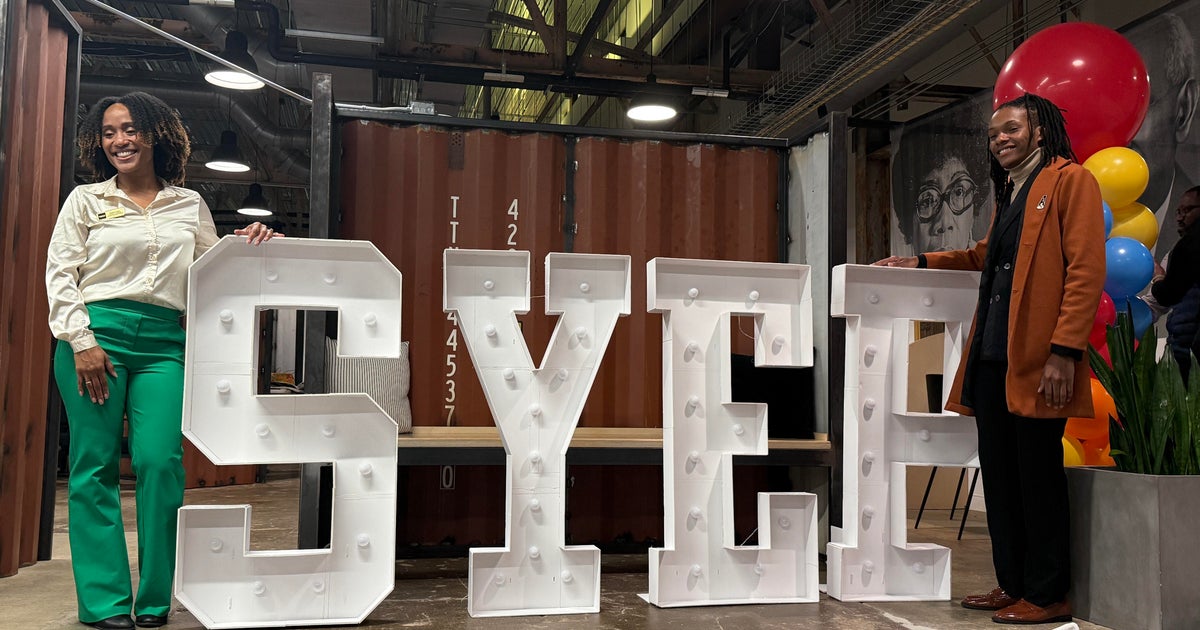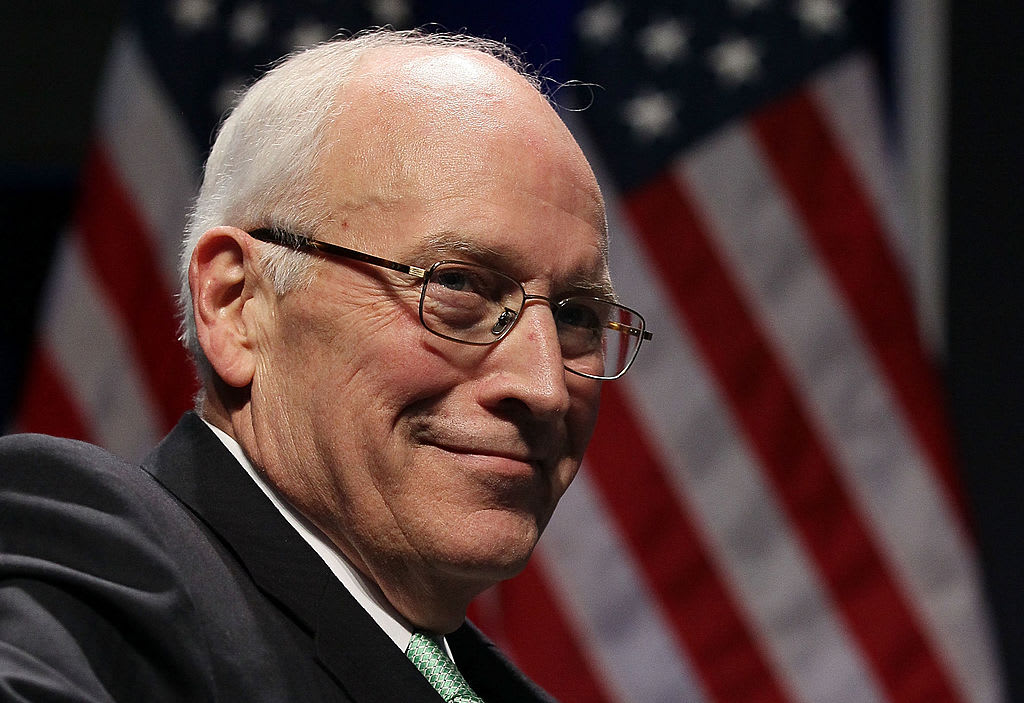Sweet success: Building a business out of chocolate
For Ramona Thomas, switching from a career in applied mathematics to becoming a chocolate maker was a few years in the baking.
Her interest was sparked by a course she took just for fun on how to make French pastry, followed by another class focusing on chocolate. In time, her hobby hardened into a more ambitious plan: building a chocolate business.
That was no small leap. "I don't come from a family of people who owned businesses," Thomas said in an interview with CBS MoneyWatch.
What she did have, along with a newfound passion, was decades of experience managing teams of employees and helping build departments over the course of her career in the nonprofit and education sector.
For people considering starting a small business, the skills and expertise they've acquired in other fields can be instrumental, even if they've never even run a lemonade stand.
After writing a business plan and tapping into her savings, Thomas screwed up her courage and started My Chocolate Soul, based in Chicago, in 2011. She worked and invested her own money in the business for the first five years, selling via pop-up locations and online. A loan from the federal Small Business Administration helped Thomas open her own storefront.
"The SBA loan helped give my business legitimacy by giving us a home -- a place people could come to," Thomas said.
Business has been brisk, especially serving corporate clients in the Chicago area. In a commercial -- and cultural -- coup, she also recently landed a deal with the Lyric Opera of Chicago to sell her company's truffles at famed opera house's concession stand.
Overcoming fear
Not surprisingly, there is often a steep learning curve in opening a business. As Thomas said of opening My Chocolate Soul, "There were a lot things I took for granted that I was now responsible for: payroll, taxes, IT."
Indeed, fear is a common obstacle for aspiring entrepreneurs. While two-thirds of respondents to a recent survey by Atomik Research and UPS said it was their dream to open a small business, many were hesitant. The biggest reasons: Jeopardizing their financial security and, simply, fear of failure.
Such concerns are warranted. A third of small businesses with employees shut down within their first two years of launching, according to the SBA
One way to assuage those concerns is to seek counsel long before opening your doors for business. For example, consider attending free small business events and workshops offered by your local government or Chamber of Commerce.
As part of her own education, Thomas attended city-sponsored business workshops in Chicago, which she credits with helping her develop expertise in applying for certificates and licensing.
"They do free workshops every week...how to get licensed, meet the inspector--people who do all the health inspections. It was huge," Thomas said. "The first two or three years I went to a lot of them."
Mistakes to avoid
Like many cities around the country, Chicago offers free workshops on everything from what small business owners should know about cybersecurity to tips on restaurant health inspections. Other sessions focus on navigating the often complex regulations employers face, and more generally on how to avoid the major mistakes can quickly cripple a business.
The most popular workshop in Chicago is on how to write a business plan, followed by a panel on city inspections, said Rosa Escareno, Commissioner of the Chicago Department of Business Affairs and Consumer Protection.
"In starting a business you really have to be in compliance with the rules and the ordinances. We often pack that workshop with a building inspector, a zoning inspector and a health inspector," Escareno said in an interview.
One of the biggest mistakes she sees new business owners make -- not verifying that a location is zoned for their specific commercial use before leasing it.
"Do not sign on the dotted line, do not pay for a lease location, do not open or select a location and enter into an agreement until you have talked to us first," Escareno urged. "In many cases, people make a huge financial investment in trying to get their place ready and they never did their homework."





